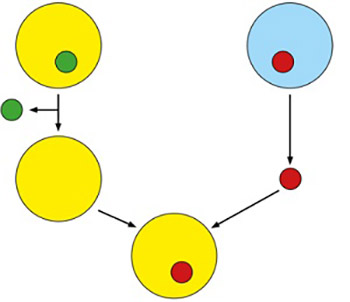Arguments for Human Therapeutic Cloning
DOI:
https://doi.org/10.17305/bjbms.2004.3454Keywords:
cloning, therapeutic cloning, ethicsAbstract
For over 30 years, many Western governments have regulated scientific research involving human subjects. According to Knoppers implementation of regulation followed a long and checkered history of research abuse. The regulations evolved largely in response to ethical violations. The Nuremberg Codex exemplifies the progression. It was adopted in 1947. At the conclusion of the Nazi Doctors Trial.
Spectacular technical and conceptual advances in modern biology and molecular medicine have solved many problems in a short time. Genetic diagnostics extended well beyond simple inheritance testing, and is now moving into all areas of pathology. Gene therapy, although in a phase of consolidation after an exuberant youth, holds real promise. Understanding the molecular basis of tissue differentiation, perhaps with the use of nuclear transfer techniques, may allow the creation of histocompatible tissue for transplantation purposes.
Scientific work will have propounds long-term consequences for medicine, leading to the elucidation of the underlying molecular mechanisms of disease and thereby facilitating the design of rational diagnostics and therapeutics targeted at those mechanisms.
All molecular medicine must operate within a social and ethical context.
The prominence of ethical controversy (i.e. presymptomatic genetical testing, or human therapeutically cloning) will very likely diminish with time, as the products of molecular medicine range further away from establishing pure diagnostic and into therapy.
One of the major issues of today’s modern medicine is therapeutically cloning. The main practical purpose of cloning is to generate genetically modified animals to serve as bioreactors. The cloning of mammals is a fascinating biological problem, although it is difficult to perform and attempts are rarely successful. The reproductive cloning of humans is likely to cause more individual concern than real social effects, as it is unlikely to become a widespread method of reproduction even if possible and safe.
Citations
Downloads

Published
How to Cite
Accepted 2018-04-04
Published 2008-02-20









